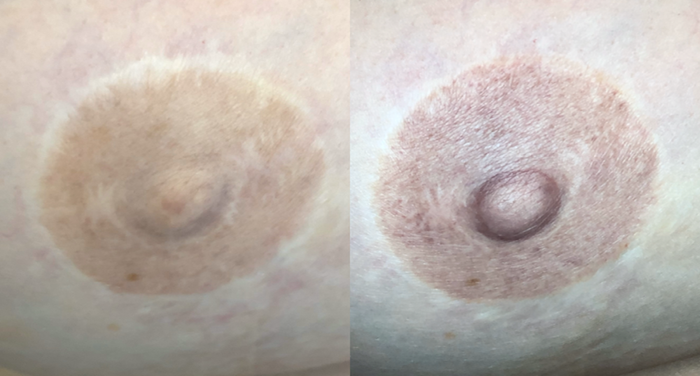
Case Study: Areola Tattoo

In this case study, Jill Höyer, PMU artist and educator located in Northern California, documents one of her client procedures - a cover-up areola tattoo on a post-breast augmentation client.
Jill devotes a great deal of her time to researching, analyzing and studying needles which is evident in her knowledge and understanding of the in’s and out’s of the myriad of tattoo needles that artists use for the delicate tissue of the face and paramedical tattooing.
Taking her wealth of knowledge a step further, she has created one of the first online PMU needle courses, Inside Needle Knowledge.
Keep reading to understand Jill’s thought process for her client procedures, applying her needle knowledge and critical thinking to real-life situations.
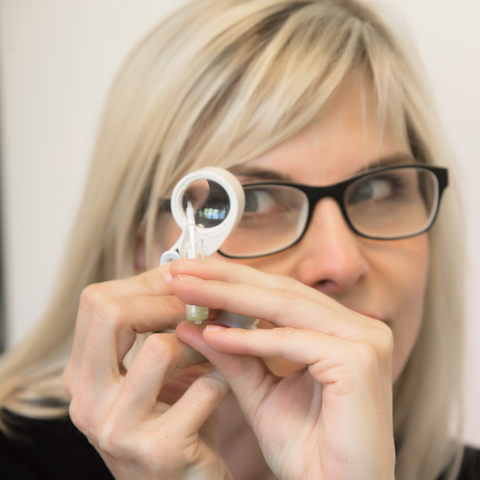
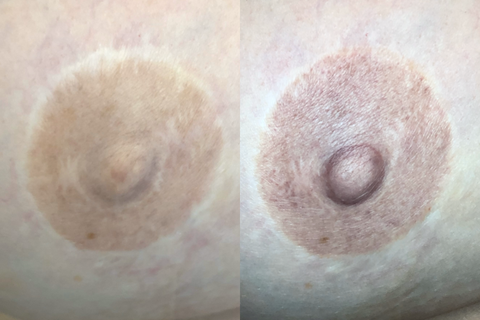
Procedure Details

“In this case, my client had been through a breast augmentation. It was cosmetic and she lost her areola and nipple in the process. She was left with scarring and eventually had nipple reconstruction. She’s been previously tattooed by other artists but her skin didn’t hold the colour.”
Client's Goal
“My client has previously been tattooed 4 times by 4 other artists and doesn’t ever retain enough colour. She wants more pink healed results.
It’s important for me to consider why her skin isn’t holding colour. This is possibly as a result of scarring or overworked skin. I need to figure out how I can keep a natural look, provide specific dense colour and cause the least amount of trauma possible to her skin.”
Skin Type
“My client’s skin type is normal - on the dry side but with compromised tissue. The client’s underlying pigment and scarring from previous procedures may ‘grab’ the colour quickly or block pigment from entering the skin efficiently.”
Design Approach
“My client wants to further hide scarring on the top edges of the areolas but doesn’t want the size to increase.
It’s important for me to have her approval for a larger design if necessary. My main goal is to see if I can get colour to enter the skin properly before increasing the size of the tattoo and working into the scarring. This client will likely need to return for an additional follow-up visit.”
Technique(s) required
“I’ll opt for mostly pointillism and some stippling because the pointillism technique can produce a denser colour yet using a smaller needle will keep dimension and not be an overall solid colour. It appears she’s had shading with a magnum or round shader and a technique change is in order to see if colour will hold better. Pointillism causes minimal trauma because of the in and out movement and I’m able to control the colour deposit by holding the needle in for varied times and not traversing over the skin.”
Plan of Action
“Using pointillism with a 0803RL I will start off and see if I’m depositing enough colour over the existing colour. I could bump up to a 1003RL if needed, but I will want to make sure I don’t get a polka-dotted look that larger diameter needles can sometimes give. I will start off with a medium speed and increase as needed if I’m not getting in enough colour. As I tattoo, I’ll continue to wipe, check the colour and needle footprint.”
Needle Used
0803RL (Round Liner)
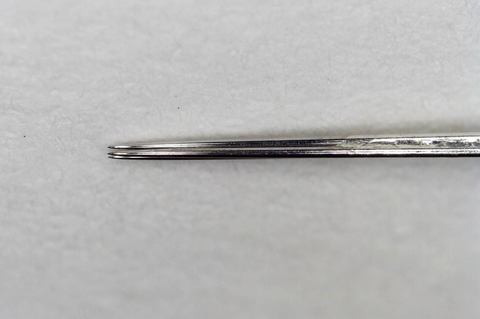
Notes
“Pointillism takes some time to do so it’s necessary to allow for extra time during the appointment.”
Healed Result

Healed Result
“My client was thrilled with her healed results - finally, the pink, three-dimensional areola she deserves.”
Learn More
Like what you read and want to learn more from Jill? Once you understand needles, your work will advance to the next level and your bookings will soar!
Choosing needles outside of what we initially learned can be intimidating. Whether you're a beginner or advanced in your career, the course will bring your needle knowledge to the highest level so you can be confident in your needle selections.
By identifying the guiding principles of needle basics and variables such as size, taper, speed, angle, and depth, Inside Needle Knowledge will help you make well-informed needle choices that fit your personal style of artistry.
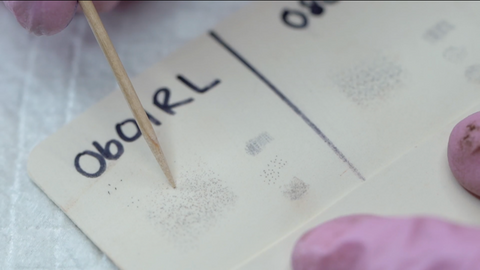
“Jill Hoyer is one of the most detailed and comprehensive trainers and speakers in the PMU industry.” - Jeanee Lusby, PMU Fundamental & Advanced Trainer since 1999
The course content is pictorial and provides an in-depth extension of the subject matter.
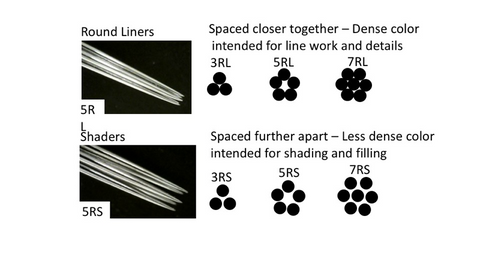
- Needle Basics and Variables
- Needle Anatomy
- About Machine and Manual Needles
- Size Systems
- Needle Language Codes
- Needle Configurations & Uses (liners, shaders, magnums, angles)
- Manufacturer Variables
- Taper Varieties
- Needle Influencers (speed, stretch, angle, and depth + more)
- Case Studies
- Bonus Technique Video Tips:
- Single Needle Pointillism
- Curved Magnum Artistry
- Depth Demonstration
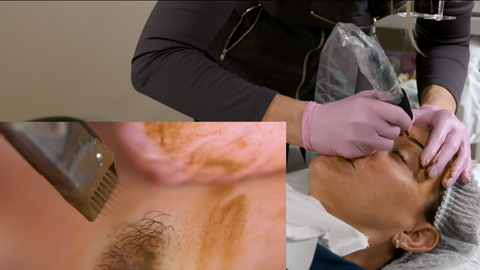
Live Demonstrations
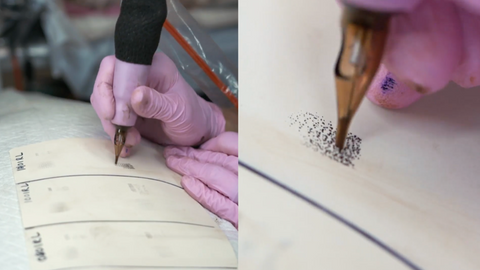
Practice Pad Tests
It has several printable documents including a Tattoo Needle Map, which is a unique course outline and a simplified way to understand what you are learning about.


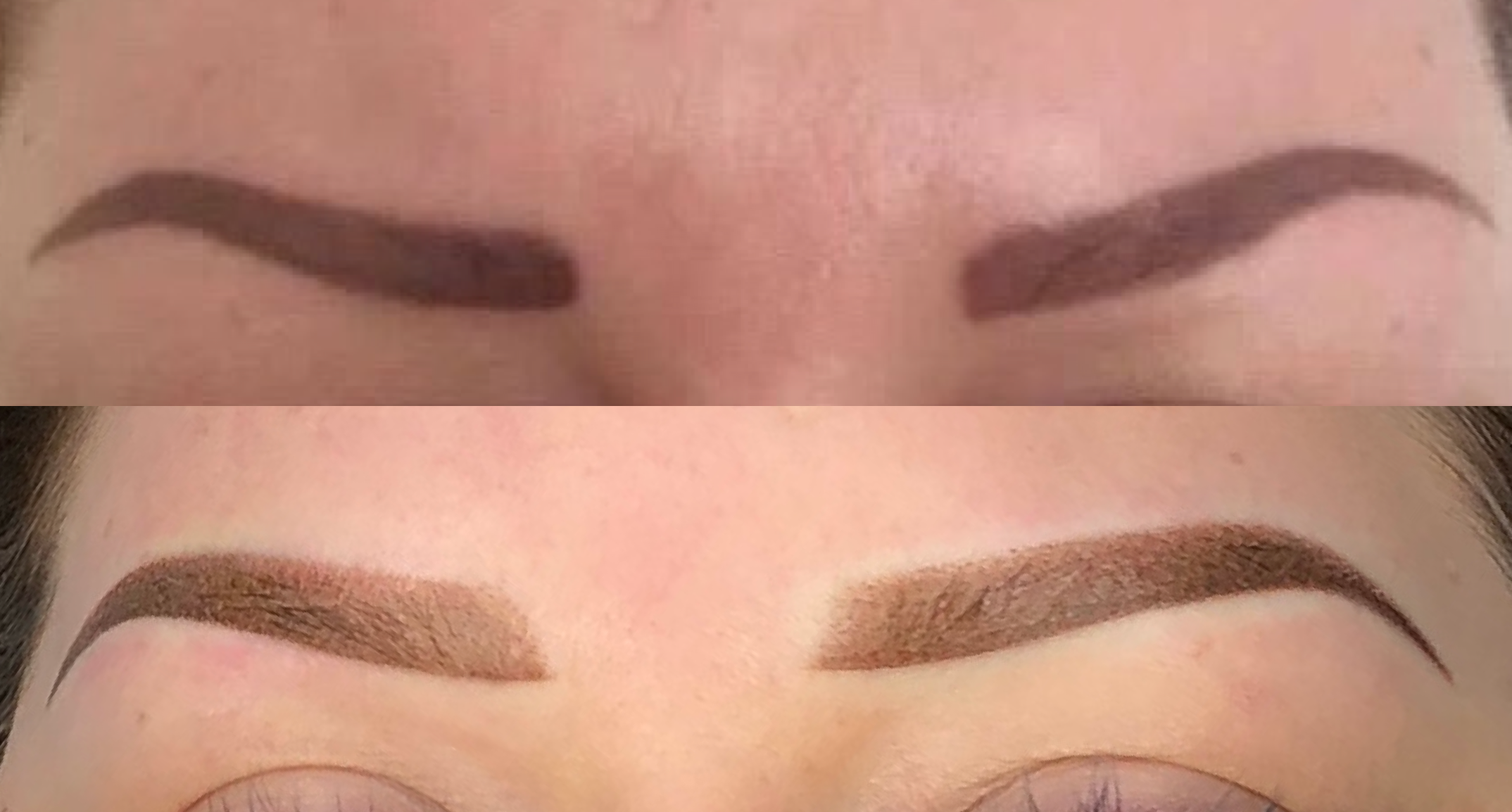
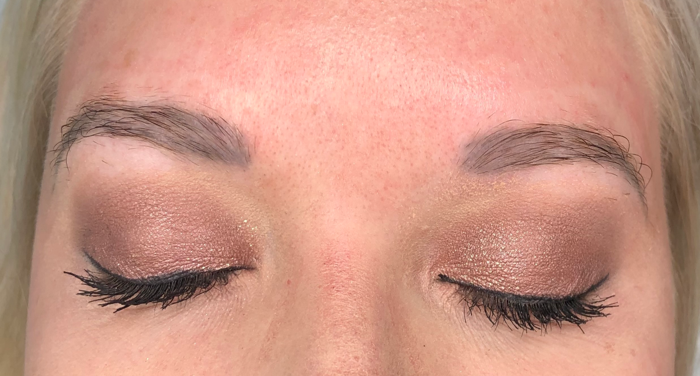
Leave a comment
This site is protected by hCaptcha and the hCaptcha Privacy Policy and Terms of Service apply.